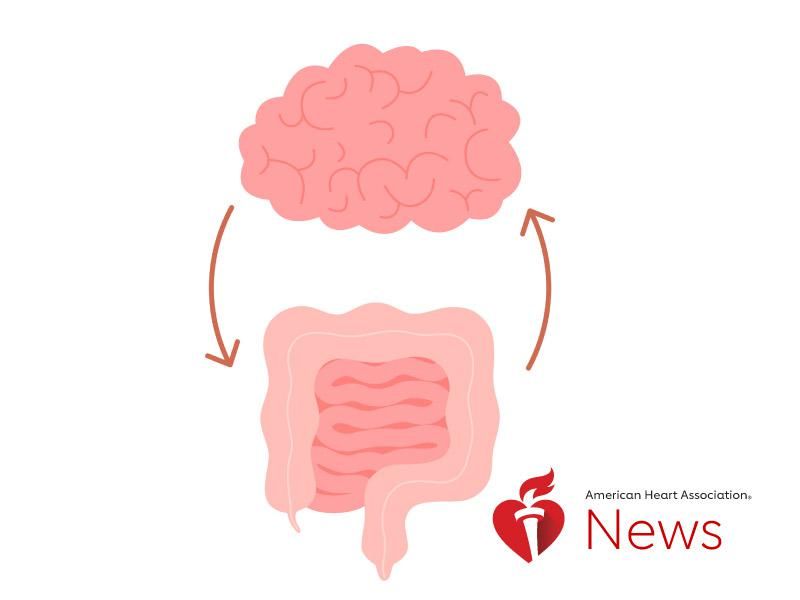
Adults with autism, intellectual disabilities or mental health disorders are at increased risk for COVID-19 and severe illness, researchers report. Being aware of the heightened risk is important in prioritizing COVID-19 prevention measures, such as vaccination, testing, masking and distancing for these groups, the researchers said. “These high-risk populations should be recognized by clinicians, and… read on > read on >


















